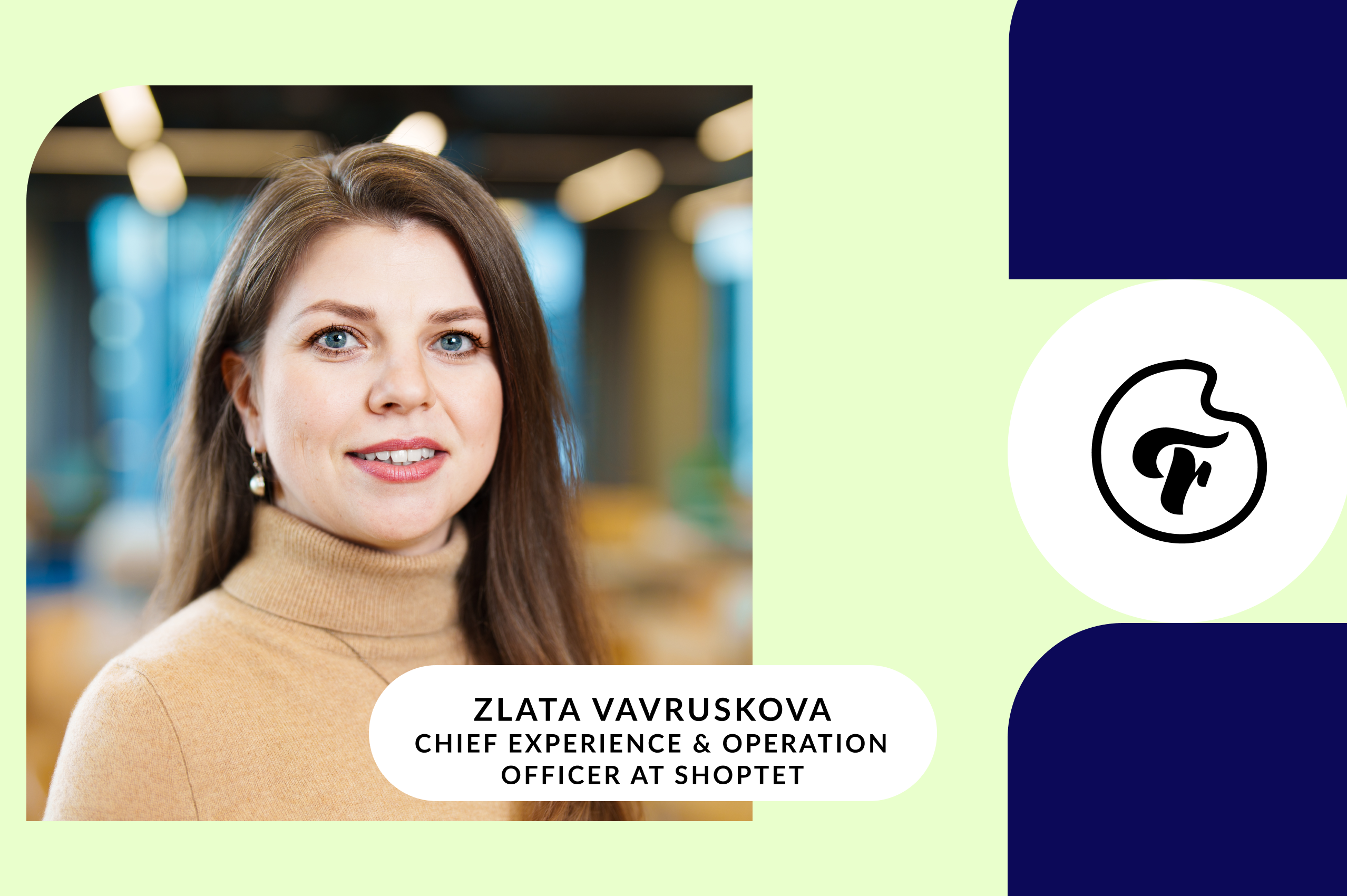
This time, we spoke with Lucie Krobová, a mother and manager who gracefully balances raising her 11-year-old daughter while overseeing the integration of the regional delivery centers into the company's global structure. How has she managed to juggle all responsibilities the right way, what has worked best for her, and what advice would she give to others? Find out more in this candid interview.
My name is Lucie Krobová, and before we dive into my professional journey, I’d like to share a little about my life outside of work. In my younger years, I was passionate about dance and classical guitar, but now I enjoy more relaxing activities like reading historical novels and exploring nature with my daughter. During high school, my family moved to Germany, where I completed my education before returning to Prague to study Business Information Systems.
My career in IT took off in 2015 when I returned to work after maternity leave and joined Ciklum, a global digital solutions company, where I still work today. At Ciklum, I’ve held several roles, and earlier this year, I transitioned into the position of Transformation Lead. My current responsibility involves overseeing the integration of our regional delivery centers in the Czech Republic and Slovakia into the company's global structure and processes.
My path into leadership started when I first joined CN Group CZ, an IT company acquired by Ciklum in 2021. I came on board as a part-time assistant in one of the engineering departments, primarily focused on re-entering the workforce and learning the business. Gradually, I took on more responsibilities within the engineering department, shadowing my then-manager, which gave me valuable insights into the operational tasks and processes. As a result, two years later, I was given my first team to manage.
I can still remember how excited but also challenged I felt at the time, especially since my team consisted entirely of technical people—engineers—while I had never written a single line of code. I overcame this challenge by adopting a fully transparent and authentic approach—asking a lot of questions when it came to technical details and offering support and growth opportunities for the team.
Over time, I took on more responsibilities in department management, acting as Deputy Director and staying in regular contact with clients. Eventually, I grew into a senior management role, leading one of the engineering departments for the Czech Republic, Slovakia, and Romania as Director.
What I’ve always appreciated about Ciklum is that the company has been a very dynamic and ever-changing environment, which means I’ve never had the chance to get bored. The positive side of these changes is that they bring new opportunities—it’s like another door opening, waiting for you to step through. This suits me perfectly, as I’m an opportunity-driven person who sees change as a chance to grow. Along the way, I also learned the importance of asking for what I want. It’s one thing to recognize an opportunity, but it’s equally important to approach the right people and make your case.
So, to answer your question—no, I didn’t plan to be a manager or pursue a leadership role initially. But at some point, I realized I was successful in it, and that’s when I decided to continue on this path.
It’s definitely a balancing act. One of the key things I’ve learned is that leadership is built on trust. Empathy helps me connect with my team, understand their challenges, and create a supportive environment. However, as a leader, it’s equally important to set clear expectations and boundaries. For me, it all comes down to consistent communication—listening to the team and being transparent about decisions and the reasons behind them.
I follow a leadership philosophy I call REST—Recognize, Empower, Support, and Trust—which helps me strike this balance. It means recognizing individual contributions, empowering people to take ownership, supporting them through challenges, and trusting them to deliver. In this way, empathy doesn’t weaken authority; it actually reinforces it.
A key part of my leadership approach is fostering a healthy feedback culture. Providing and receiving feedback should go both ways. As a manager, I give feedback to my team, but I also encourage them to share feedback with me. This creates an environment where everyone, regardless of their position, feels equal and heard. It’s all about open, two-way communication.
Of course, this approach doesn’t work in every situation. There are times when, as a manager, you need to assert your authority—typically in cases where trust has been broken, such as failure to meet responsibilities, not honoring agreements, or making tough business decisions. However, as long as everything is functioning as it should, I believe that applying the REST approach is far more effective and beneficial for the success of individuals, the team, and the company, compared to a purely authoritative leadership style.
This has been one of my biggest challenges, especially as a single mom. In theory, it’s all about setting boundaries—not just with others, but also with yourself. You should prioritize both work and personal life, dedicating time to your family and activities that help you recharge. That’s the theory, but the reality is often quite different.
For working parents, there’s always one unknown variable each day: will your child wake up sick? Will the school or daycare call, asking you to pick them up because they’re unwell? This unpredictability is something working parents have to navigate daily. At the same time, work obligations can pile up—ad hoc tasks, urgent requests, business trips, or workshops—which inevitably cut into the time you’ve reserved for family.
Balancing these demands requires flexibility, strong time management, and accepting that you won’t always be able to do everything perfectly. It’s about prioritizing what truly matters at any given moment. For example, when family needs arise unexpectedly, I make sure to communicate openly with my team and delegate where necessary. On the other hand, during particularly busy periods at work, I lean on my support system, whether it’s family, friends, or childcare, to help manage things at home.
At the end of the day, it’s about being realistic with yourself—some days you’ll manage everything well, and other days may be more challenging. What’s most important is being adaptable and finding ways to respond to changing circumstances as they come up.
If I could go back, I’d tell myself: trust your instincts, don’t be afraid to ask for what you want, and don’t worry about having everything planned out. Take each step as it comes, embrace new opportunities, and learn from every challenge. Leadership isn’t about having all the answers, but about continuously learning, growing, and supporting others.
Most importantly, I’d remind myself that it’s okay to make mistakes. They are part of the journey, and each one teaches you something valuable.


